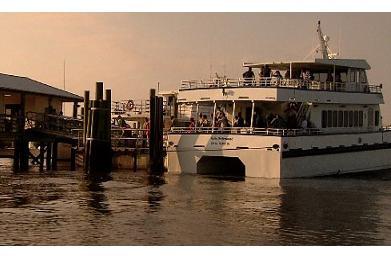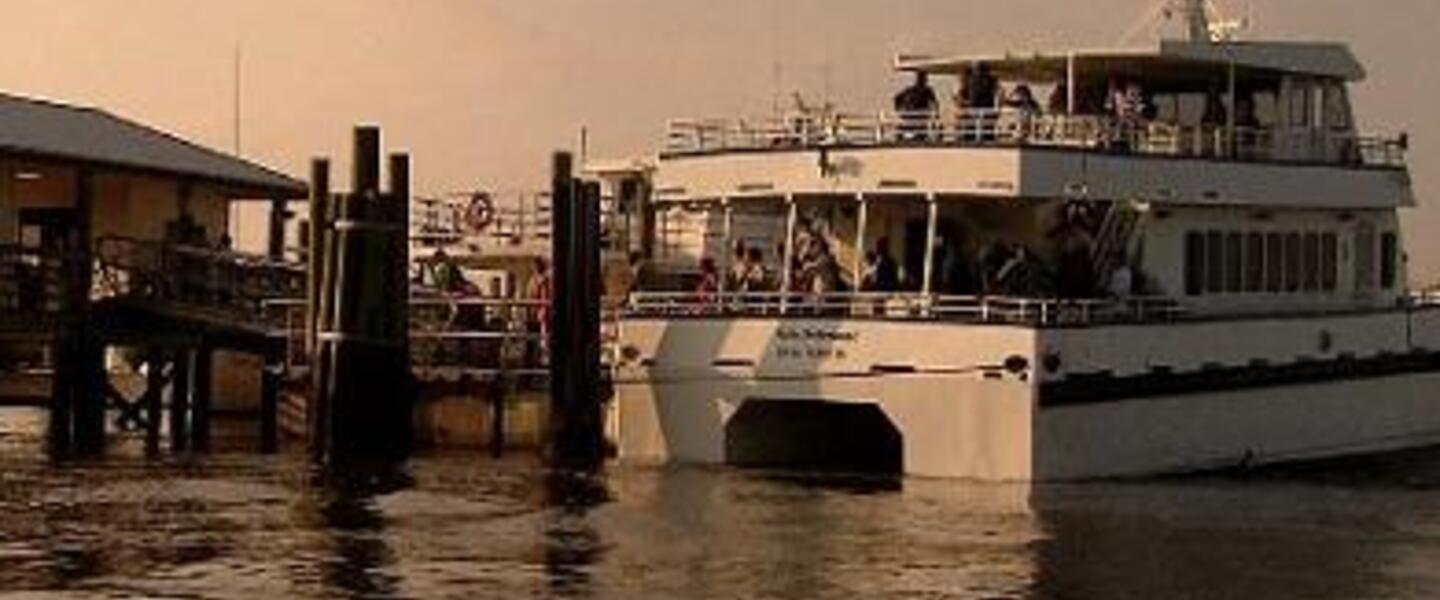
Section Branding
Header Content
Water Conservation Education through Smithsonian's New Online Badge Program
Primary Content

Educators can participate in SHOUT, a joint project of the Smithsonian, Microsoft Partners in Learning and TakingITGlobal, through the online archive of the conferences and supplemental resources, and extend student learning beyond the classroom with the new Smithsonian Badges program. The 2011/2012 focus is on water from academic and real-world perspectives, utilizing cross-platform and multiple subject approaches. Using standards-aligned, interdisciplinary content and project-based learning rooted in environmental education, educators can incorporate "Water Matters" materials into their classrooms to engage students. Both webinar series and related resources can be viewed through archives on the SHOUT website that teachers and students can access anytime during the summer and new school year.
You don’t need a classroom for this project, however. All it takes is a computer to watch the archived webinars and coordinating activities can be done wherever you are, which makes it great for homeschoolers or students interested in learning more about environmental conservation over the summer. The Smithsonian has also launched an online badge program to foster individual learning and community participation and recognize students for taking on environmental challenges. The Ultimate Guide on Water Conservation: How To Save Every Drop is also a great resource to better understand your water usage at home.
The badges can be earned in any order, so the program is highly flexible and customizable.
Add some local relevance with resources from GPB Go Green! and resources from GPB’s STEM Central like EcoSense for Living. The Georgia Outdoors award-winning episode On the Altamaha would make excellent support resources as well to drive home the importance of environmental conservation to Georgia’s ecosystem and economy.






